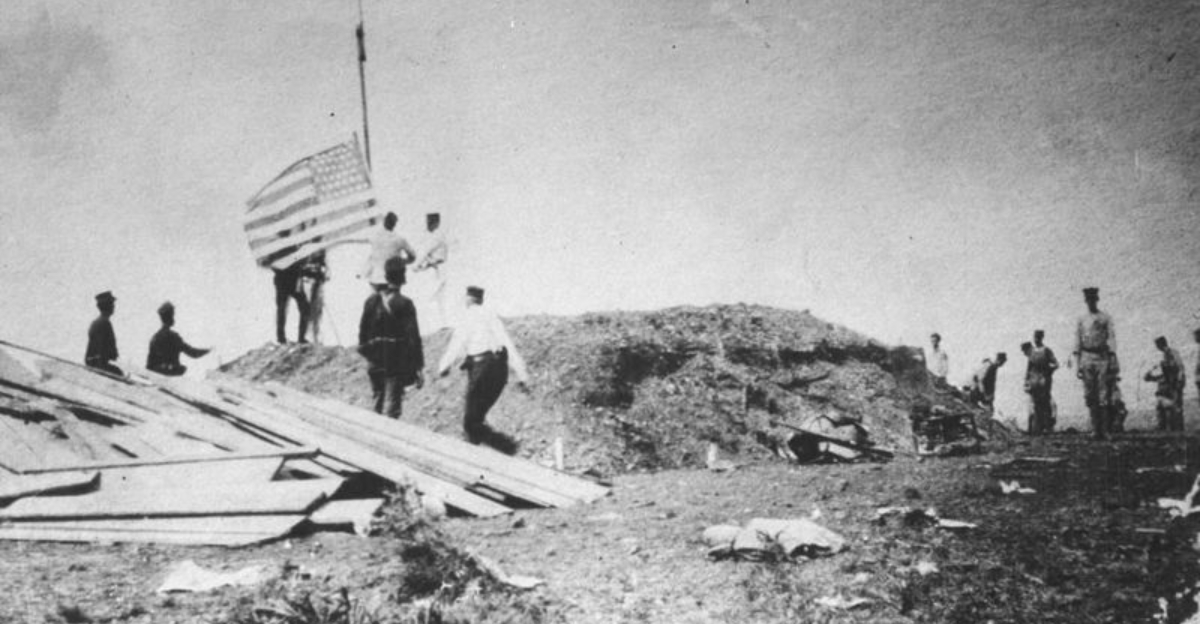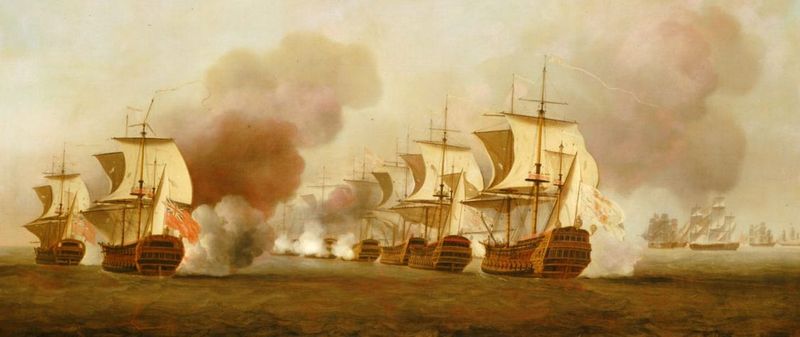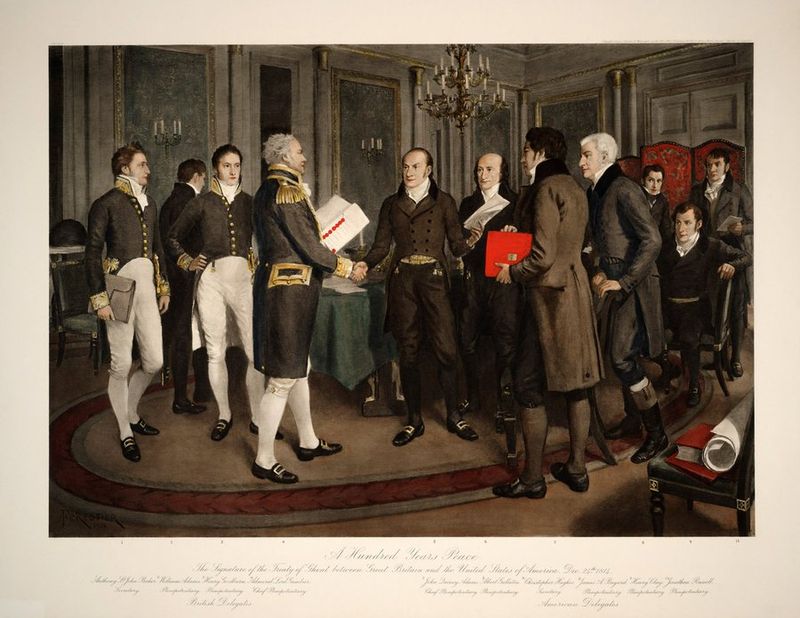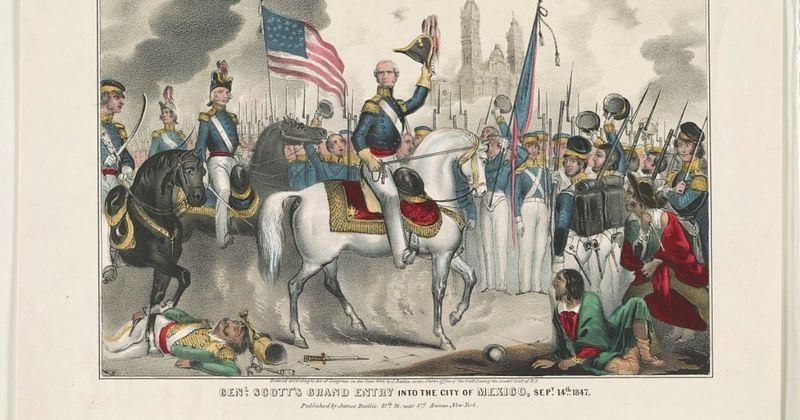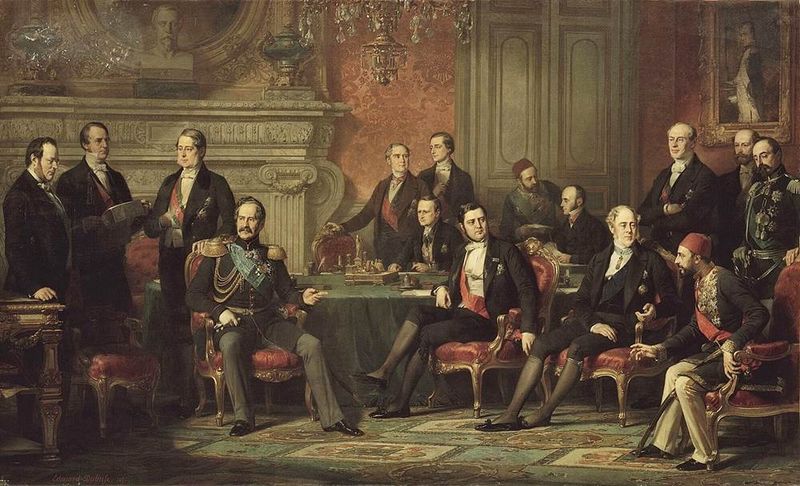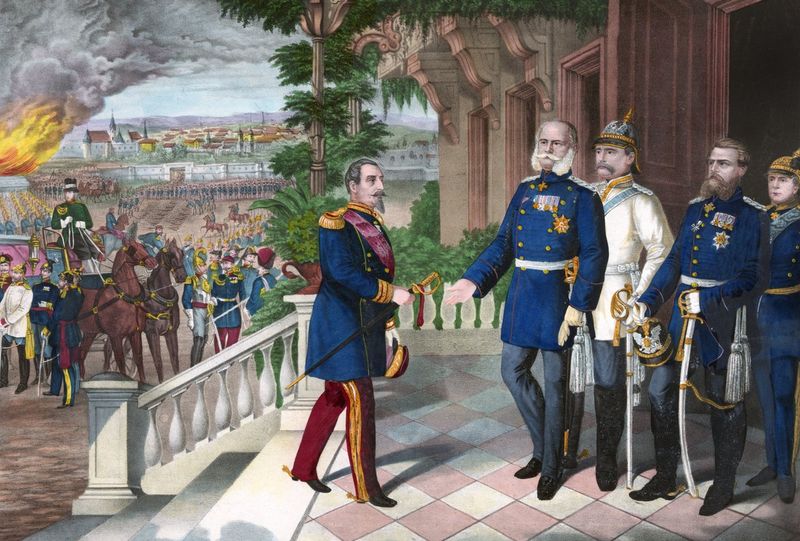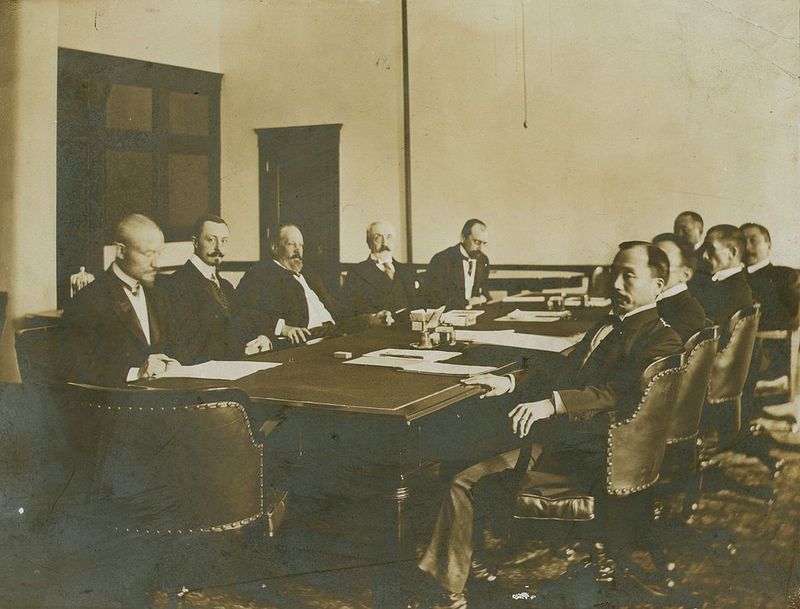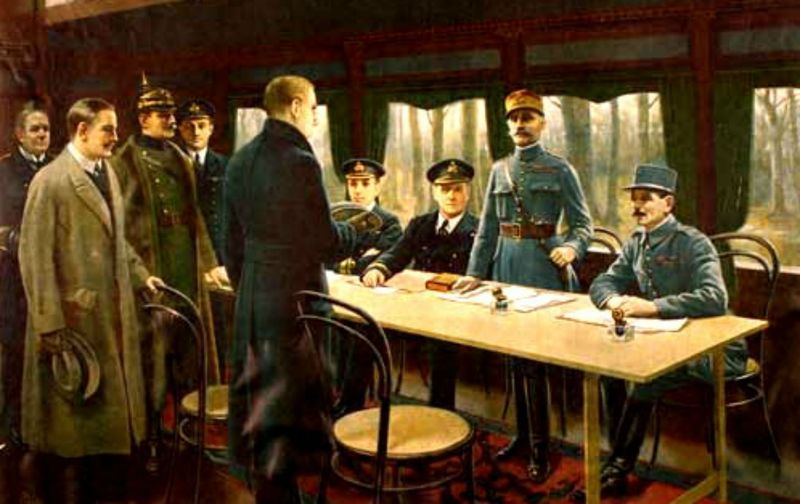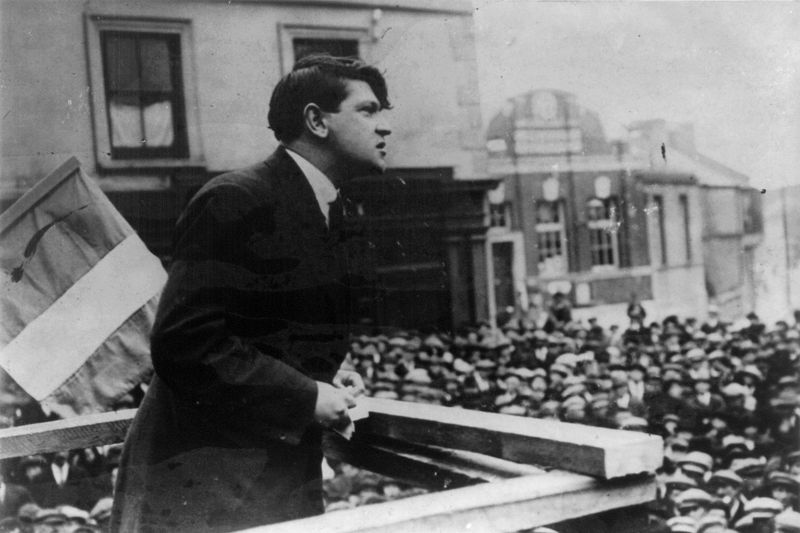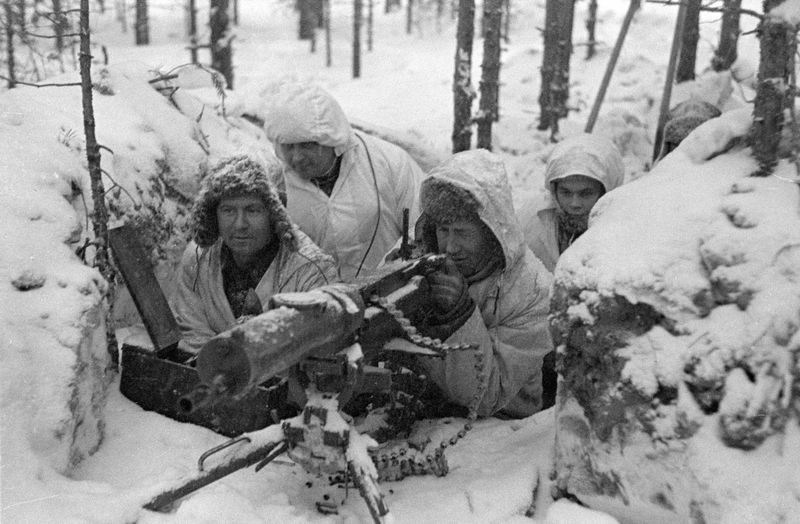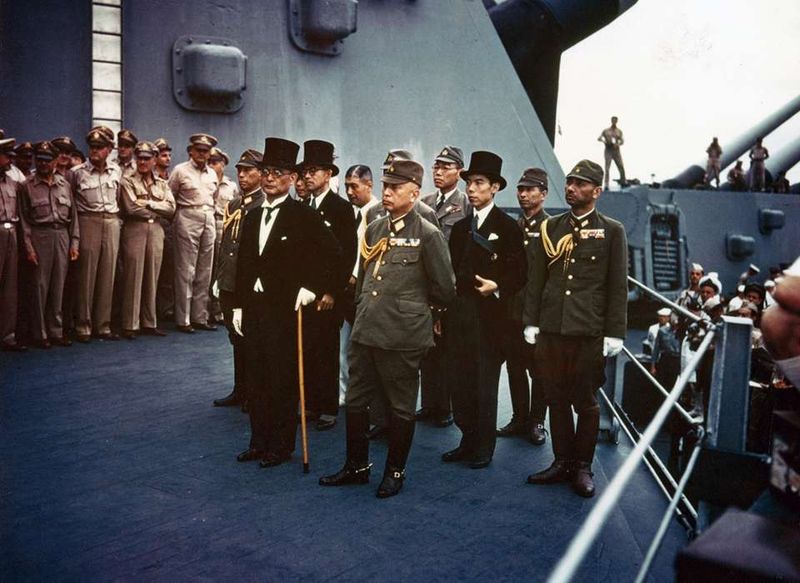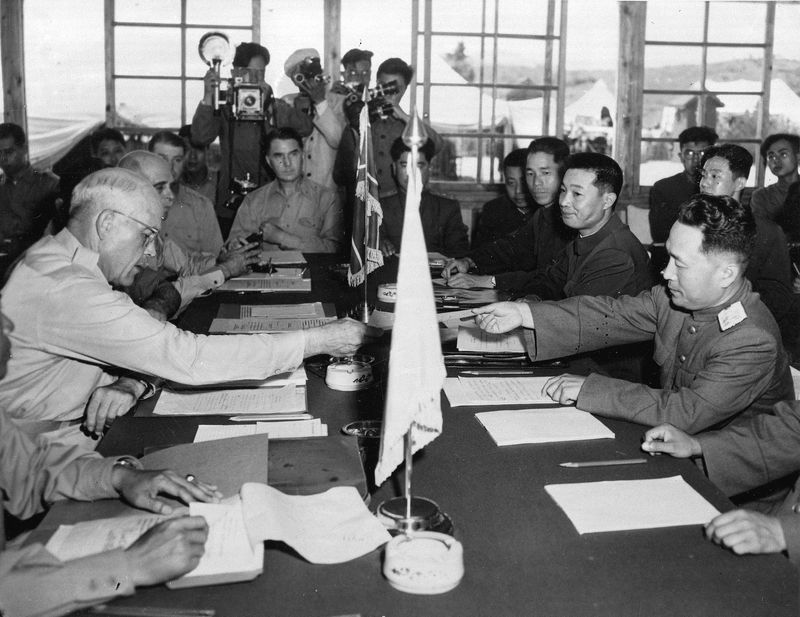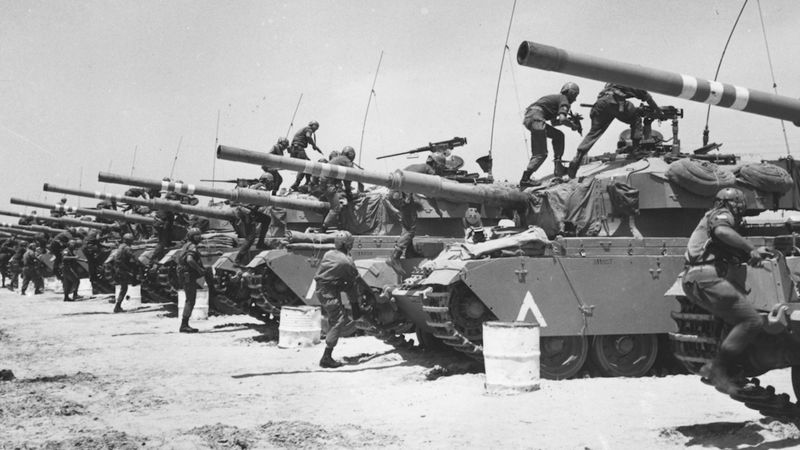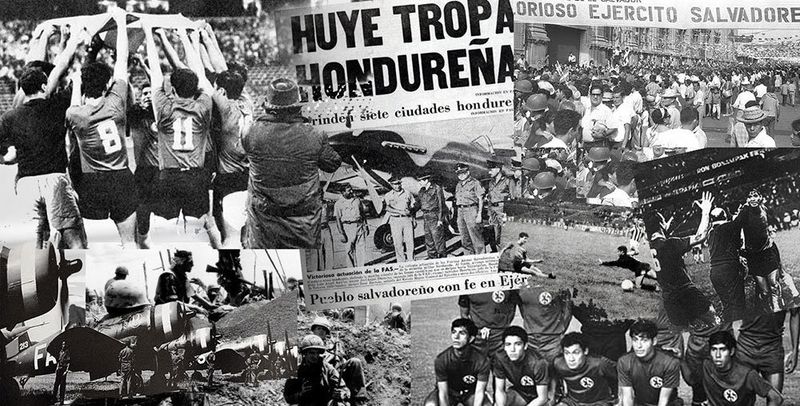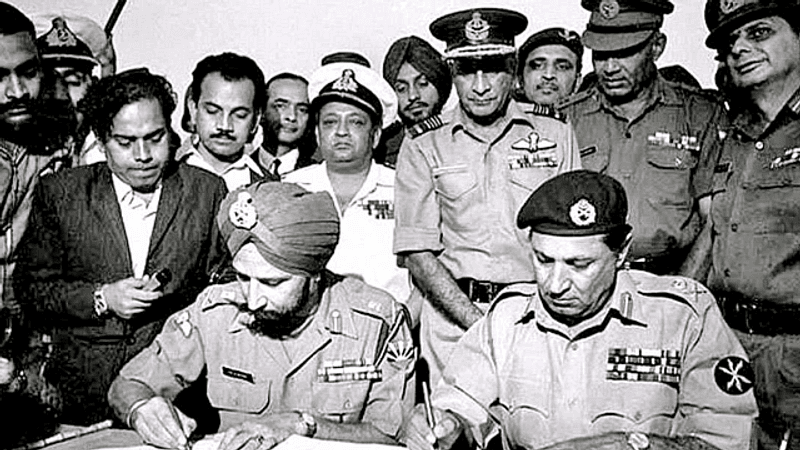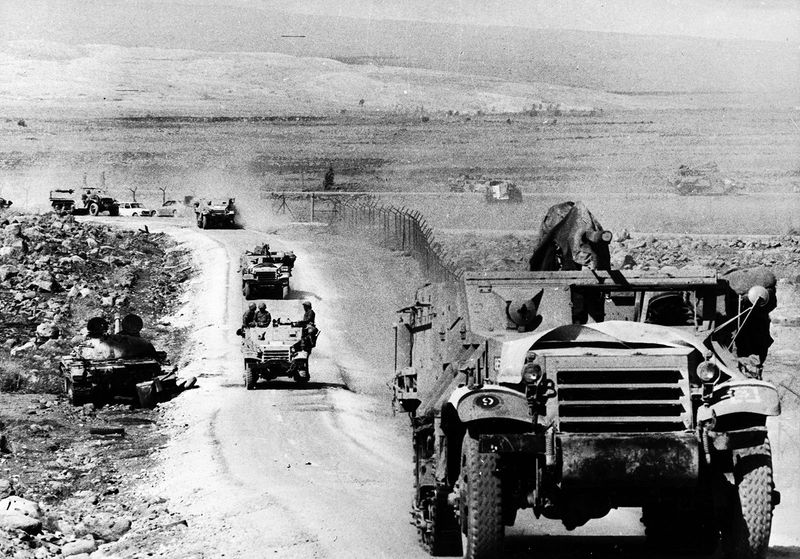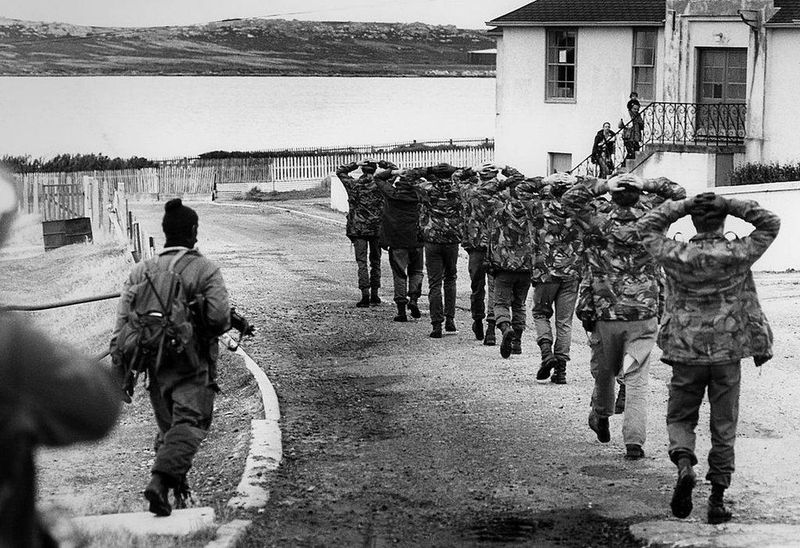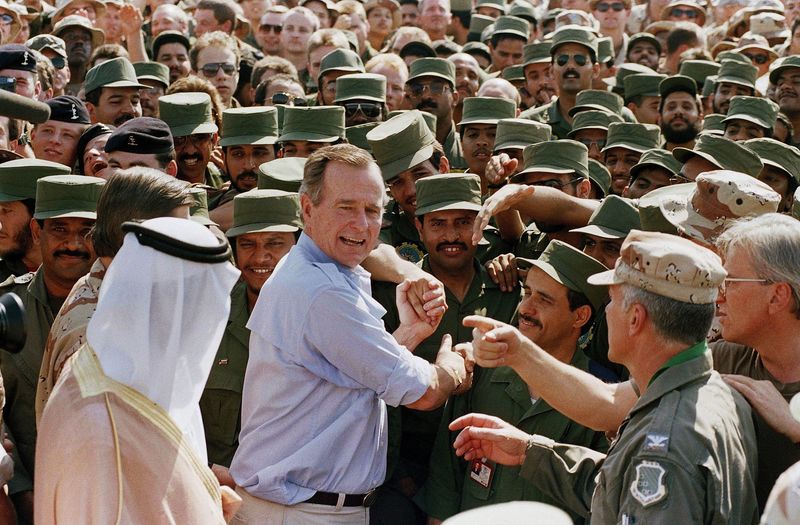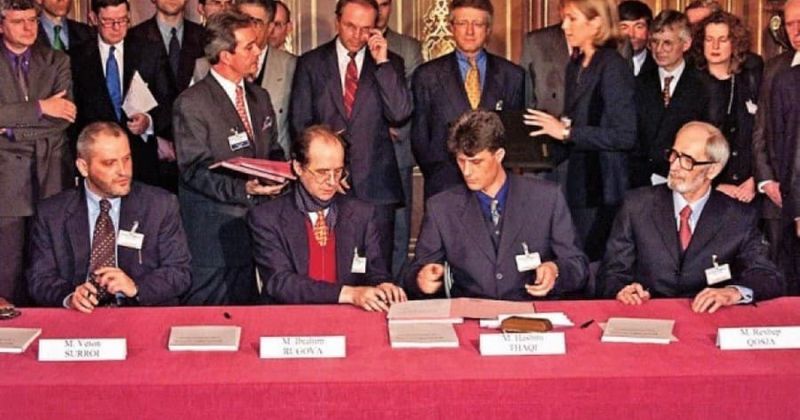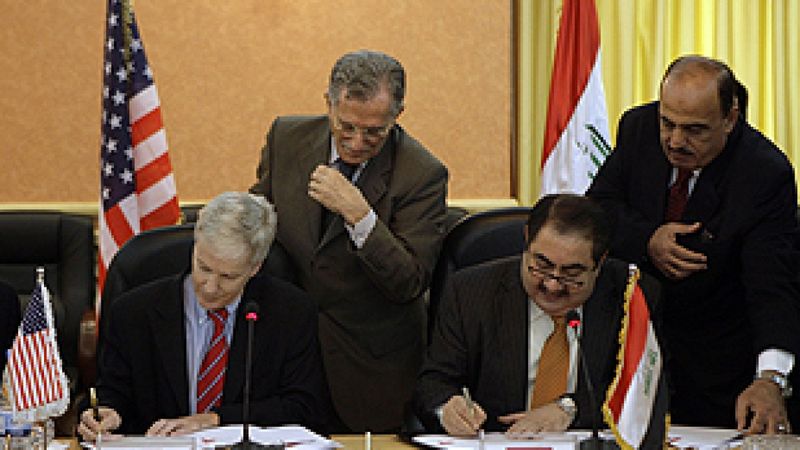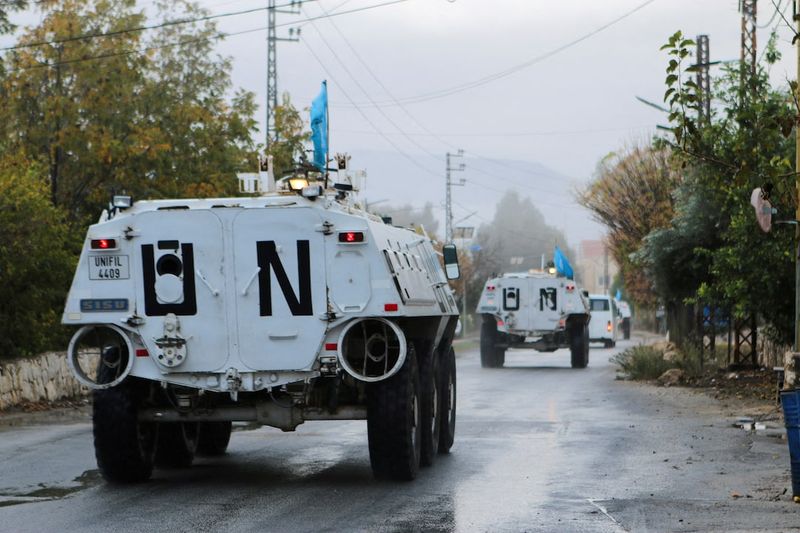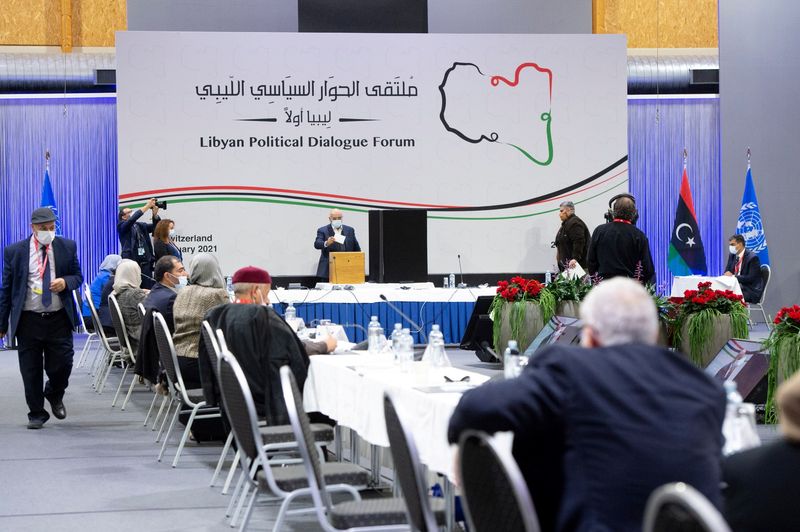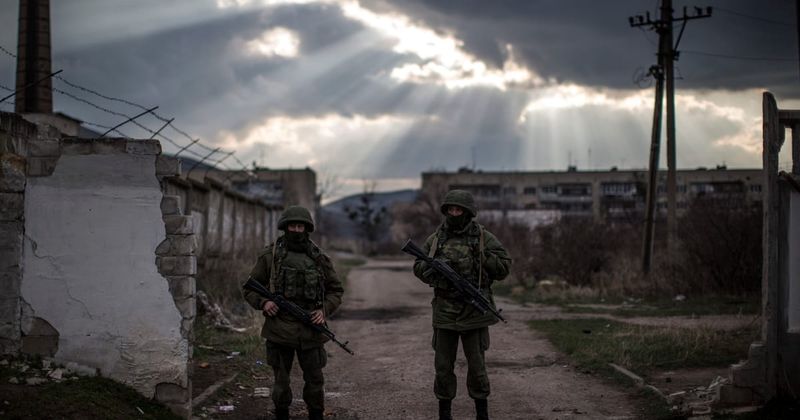Wars are often fought with predictable outcomes in mind, yet history is replete with conflicts that ended in ways few anticipated. Political pressures, unexpected treaties, and abrupt compromises have all contributed to surprising conclusions. This blog post explores 25 wars where the endings defied expectations, from ancient skirmishes to modern conflicts. Each tale is a testament to the unpredictable nature of warfare, revealing the twists and turns that can alter the course of history. Dive into these stories of unexpected resolutions, each marked by its own unique set of circumstances and outcomes.
1. 1739–1748 War of Jenkins’ Ear
The War of Jenkins’ Ear, which began over a severed ear, seemed destined for a decisive end. Instead, it merged into the larger War of the Austrian Succession. The conflict ended without major territorial changes. The Treaty of Aix-la-Chapelle restored the status quo ante bellum, surprising many who expected significant shifts. It reflected the intricate diplomatic balancing of 18th-century Europe. This resolution left both Britain and Spain with unresolved tensions. The war’s legacy is less about bloodshed and more about the peculiarities of 18th-century diplomacy. A conflict sparked by an ear ended in a complex treaty.
2. 1812–1815 War of 1812
The War of 1812, often overshadowed by larger Napoleonic conflicts, culminated quietly. Unexpectedly, the U.S. and Britain agreed to a “status quo ante” peace with the Treaty of Ghent. This erased nearly all wartime gains for both sides, leading to a surprising conclusion. The treaty restored pre-war conditions, highlighting the futility of the conflict. It was a war marked by stalemates and indecisive battles. Despite significant engagements like the Battle of New Orleans, the war concluded without major territorial changes, leaving many to question its necessity. The peace treaty was a testament to diplomatic endurance.
3. 1859 Pig War
The Pig War began with a seemingly trivial incident: the killing of a pig. This border dispute between the U.S. and Britain over the San Juan Islands escalated quickly. However, both sides realized the absurdity of war over a pig. The situation was defused through diplomacy and arbitration, preventing bloodshed. The war’s resolution was unexpected, highlighting the power of negotiation. It ended without a single shot fired in anger. This peaceful conclusion is a quirky reminder of how minor incidents can lead to major tensions. Ultimately, common sense prevailed over conflict.
4. 1846–1848 Mexican–American War
The Mexican–American War, marked by rapid American advances, concluded unexpectedly with the Treaty of Guadalupe Hidalgo. Mexico ceded nearly half its territory, a vast outcome unforeseen by many. This dramatic territorial shift was a shock to both nations. The treaty reshaped North America’s map, influencing future geopolitical dynamics. Despite the war’s aggressive nature, its end came through diplomatic negotiation rather than continued conflict. The resolution left profound impacts on both countries’ histories. It was a war of conquest that ended with an expansive peace treaty, forever changing the landscape of the continent.
5. 1853–1856 Crimean War
The Crimean War, a deadly conflict with high casualties, concluded with an unexpected diplomatic turn. Russia, despite its ambitions, agreed to limit its Black Sea fleet under the Treaty of Paris. This abrupt strategic reversal shocked many Tsarist planners. The treaty highlighted the shifting power dynamics in Europe. It ended a war that had ravaged the region, showing the influence of diplomatic pressure. The Crimean War’s end was less about military victory and more about political compromise. Its conclusion was a testament to Europe’s complex alliances and rivalries, marking a new era in international relations.
6. 1870–1871 Franco-Prussian War
The Franco-Prussian War ended with a dramatic and unexpected twist. Emperor Napoleon III was captured at the Battle of Sedan, leading to a hastily signed armistice. This event precipitated the collapse of the Second French Empire, a development few in Paris foresaw. The war’s conclusion reshaped France and Germany. It marked the rise of German unification under Prussian leadership. The unexpected capture highlighted the war’s unpredictability and the swift changes in political fortunes. The Franco-Prussian War’s legacy was a new European balance of power and a united Germany, altering the continent’s future.
7. 1898 Spanish–American War
The Spanish–American War, ignited by the USS Maine explosion, concluded rapidly with surprising outcomes. In just four months, the Treaty of Paris was signed. It ceded territories like Cuba, Puerto Rico, Guam, and the Philippines to the U.S. This swift resolution shocked many, altering colonial dynamics. The war’s brief nature contrasted with its significant geopolitical impact. The unexpected outcome reshaped America’s role on the world stage. The Spanish-American War was a turning point that expanded U.S. influence. Its abrupt end and territorial acquisitions were unforeseen by both participants and observers.
8. 1904–1905 Russo-Japanese War
The Russo-Japanese War ended in an unexpected venue: Portsmouth, New Hampshire. A surprising peace was negotiated, granting Japan significant wins in Manchuria and Korea. This outcome challenged global perceptions of power. Theodore Roosevelt’s involvement earned him a Nobel Peace Prize, underscoring the war’s international significance. The conflict ended not with overwhelming military victory but through diplomatic channels. This conclusion was a shock to European powers, highlighting Japan’s rising influence. The war changed the balance of power in Asia, marking a new era in international relations. Its unexpected end emphasized the importance of diplomacy.
9. 1914–1918 World War I
World War I, known for its trench warfare and massive casualties, concluded with an unexpected armistice. On November 11, 1918, the fighting ceased abruptly. There was no clear victor on the battlefield. The armistice highlighted the exhaustion and devastation of all involved powers. The war’s end was less about decisive victory and more about the sheer necessity to stop. It set the stage for complex post-war treaties and geopolitical changes. The unexpected armistice left unresolved tensions, eventually leading to future conflicts. World War I’s conclusion was a testament to the unpredictability of human endurance and diplomacy.
10. 1919–1921 Irish War of Independence
The Irish War of Independence ended not on the battlefield but through unexpected negotiations. The Anglo-Irish Treaty created the Irish Free State, a development that many revolutionaries hadn’t anticipated so soon. This diplomatic resolution surprised both sides, reflecting the shifting political landscape. The treaty marked Ireland’s journey towards self-governance. The war’s conclusion was a pivotal moment in Irish history. It highlighted the power of negotiation over prolonged conflict. Despite internal divisions, the treaty facilitated a significant political transformation. The unexpected end of the war paved the way for Ireland’s future independence and self-determination.
11. 1939–1940 Winter War
The Winter War between Finland and the Soviet Union ended with a surprising compromise. Despite Finland’s heroic resistance, Stalin was forced to sign the Moscow Peace Treaty. This granted Finland independence but required ceding territory. The unexpected conclusion was a testament to Finland’s resilience. The war’s end reshaped the region’s dynamics, leaving a lasting legacy. The treaty highlighted the limits of Soviet expansionism. Finland’s ability to negotiate from a position of strength was unforeseen by many. The Winter War’s unexpected resolution underscored the importance of strategic defense and diplomatic negotiations in altering outcomes.
12. 1941–1945 World War II
World War II concluded not with a single decisive battle but through a split victory. The Axis powers surrendered unconditionally in Europe in May 1945 and in Asia in September 1945. This dual surrender was an unexpected and complex end to a global conflict. It reshaped international relations and set the stage for the Cold War. The war’s conclusion demonstrated the allied powers’ strategic coordination. The unexpected surrender emphasized the global scale of the conflict and its profound impacts. World War II’s end marked a new era in world politics, leading to significant geopolitical shifts and the creation of the United Nations.
13. 1950–1953 Korean War
The Korean War halted unexpectedly with an armistice, not a peace treaty. This left North and South Korea technically still at war. The conflict’s end surprised many, highlighting the geopolitical complexities of the Cold War era. The armistice was a temporary solution that became permanent. It underscored the persistent tensions on the Korean Peninsula. The war’s conclusion reflected the limitations of military solutions in resolving ideological conflicts. It marked a pause rather than an end, setting the stage for ongoing hostilities. The Korean War’s unexpected resolution left a divided peninsula and an unresolved conflict that continues to echo today.
14. 1967 Six-Day War
The Six-Day War, a brief yet intense conflict, concluded with surprising swiftness. Israeli pre-emptive strikes and lightning advances brought an end to hostilities in less than a week. This rapid victory was unforeseen by many, altering Middle Eastern geopolitics. The war’s swift resolution highlighted Israel’s strategic prowess. It reshaped regional dynamics and set the stage for future tensions. The unexpected conclusion underscored the importance of strategic planning and intelligence. The Six-Day War’s legacy was a redefined political landscape, with lasting impacts on Arab-Israeli relations. The conflict’s abrupt end was a testament to the unpredictability of military engagements.
15. 1969 Football War
The Football War, a brief conflict between El Salvador and Honduras, ended in a highly unusual way. The hostilities literally ran out of steam when both sides exhausted their ammunition supplies. This cessation of fire due to lack of bullets was an unexpected resolution. It underscored the futility of the conflict and the need for peaceful negotiation. The war’s conclusion was both peculiar and a testament to the absurdity of war over a soccer match. It highlighted the importance of diplomacy in resolving disputes. The unexpected ceasefire paved the way for eventual negotiations, albeit with lingering tensions.
16. 1971 Indo-Pakistani War
The Indo-Pakistani War of 1971 collapsed unexpectedly in days. East Pakistani forces surrendered, leading to the creation of Bangladesh. This swift resolution was unforeseen by many outside South Asia. The war’s end marked a significant geopolitical shift in the region. It highlighted the rapid pace of military and political developments. The unexpected conclusion underscored the importance of strategic planning and decisive action. The war’s legacy was a redefined regional landscape, with lasting impacts on Indo-Pakistani relations. The conflict’s abrupt end was a turning point, reshaping national boundaries and political dynamics in South Asia.
17. 1973 Yom Kippur War
The Yom Kippur War ended by a UN-brokered ceasefire after massive superpower pressure. This resolution was unexpected, as neither side achieved a clear battlefield victory. The ceasefire highlighted the influence of global powers in regional conflicts. It underscored the complexity of Middle Eastern geopolitics during the Cold War. The war’s conclusion was marked by intense diplomatic efforts rather than military dominance. It set the stage for future negotiations and peace processes. The unexpected end of the Yom Kippur War emphasized the importance of international diplomacy in resolving conflicts. It left a lasting impact on Arab-Israeli relations.
18. 1982 Falklands War
The Falklands War, a 10-week conflict over remote islands, ended with Argentina’s unexpected surrender. This outcome was a surprise to both London and Buenos Aires. The swift resolution reshaped perceptions of military power and strategy. The war’s end highlighted the complexity of regional conflicts. It underscored the challenges of territorial disputes in distant lands. The unexpected conclusion demonstrated the unpredictability of military engagements. The Falklands War’s legacy was a renewed focus on national defense and strategic planning. The conflict’s abrupt end emphasized the importance of preparedness and adaptability in military operations.
19. 1990–1991 Gulf War
The Gulf War ended unexpectedly not with a march to Baghdad, but with a halt order by President Bush. This decision left Saddam Hussein in power despite coalition victory. The war’s conclusion surprised many, highlighting the complexities of modern warfare. It underscored the limitations of military intervention in achieving long-term political solutions. The unexpected halt reflected strategic considerations and geopolitical realities. The Gulf War’s legacy was a continued focus on regional stability and security. The conflict’s abrupt end demonstrated the challenges of balancing military objectives with political outcomes. It marked a turning point in Middle Eastern geopolitics.
20. 1998–1999 Kosovo War
The Kosovo War ended through unexpected diplomacy at Rambouillet. NATO, Russia, and Yugoslavia engaged in negotiations rather than decisive ground offensives. This resolution was a testament to the power of diplomacy in conflict resolution. It underscored the complexities of ethnic and regional tensions. The war’s conclusion marked a shift in international intervention strategies. The unexpected end highlighted the importance of dialogue over military action. The Kosovo War’s legacy was a renewed focus on international cooperation and conflict prevention. The conflict’s abrupt resolution emphasized the role of global powers in shaping regional outcomes.
21. 2003–2011 Iraq War
The Iraq War concluded not through a final battlefield campaign, but with the signing of a Status of Forces Agreement in 2011. This marked the official end of combat operations, an unexpected resolution for many. The war’s conclusion highlighted the complexities of military occupation and withdrawal. It underscored the challenges of nation-building and governance. The unexpected end reflected strategic and political considerations. The Iraq War’s legacy was a focus on reconstruction and regional stability. The conflict’s abrupt conclusion demonstrated the difficulties of achieving lasting peace in a volatile region. It marked a significant moment in Middle Eastern history.
22. 2006–2008 Israel–Hezbollah War
The Israel-Hezbollah War ceased unexpectedly by UN Security Council Resolution 1701, brokered by France and the U.S. This resolution was surprising, as it came through diplomatic channels rather than a battlefield knockout. The ceasefire highlighted the complexities of asymmetrical warfare. It underscored the role of international diplomacy in conflict resolution. The war’s conclusion marked a turning point in regional dynamics. The unexpected end emphasized the importance of negotiation over prolonged military engagements. The Israel-Hezbollah War’s legacy was a focus on peacekeeping and conflict prevention. The conflict’s abrupt resolution left a lasting impact on Middle Eastern geopolitics.
23. 2011–2017 Libyan Civil War
The Libyan Civil War saw fragmented fighting that was paused under an unexpected UN ceasefire agreement. Despite no formal peace treaty, the ceasefire marked a significant moment in the conflict’s timeline. It highlighted the challenges of resolving civil wars and the role of international diplomacy. The unexpected pause underscored the importance of negotiation over prolonged violence. The war’s conclusion was marked by international intervention and efforts towards stabilization. The Libyan Civil War’s legacy was a continued focus on rebuilding and governance. The conflict’s abrupt pause demonstrated the complexities of achieving peace in divided societies.
24. 2014–2015 Russo-Ukrainian War (Crimea)
The Russo-Ukrainian War over Crimea ended with an unexpected twist: annexation via referendum. Russia seized Crimea and signed a treaty of accession, a move disguised as a local vote. This resolution shocked many, as it bypassed traditional war termination methods. The annexation highlighted the complexities of international law and sovereignty. It underscored the challenges of geopolitical conflicts. The unexpected end altered regional dynamics and set a precedent for future territorial disputes. The Russo-Ukrainian War’s legacy was a focus on international law and diplomacy. The conflict’s abrupt resolution emphasized the unpredictability of political maneuvers.
